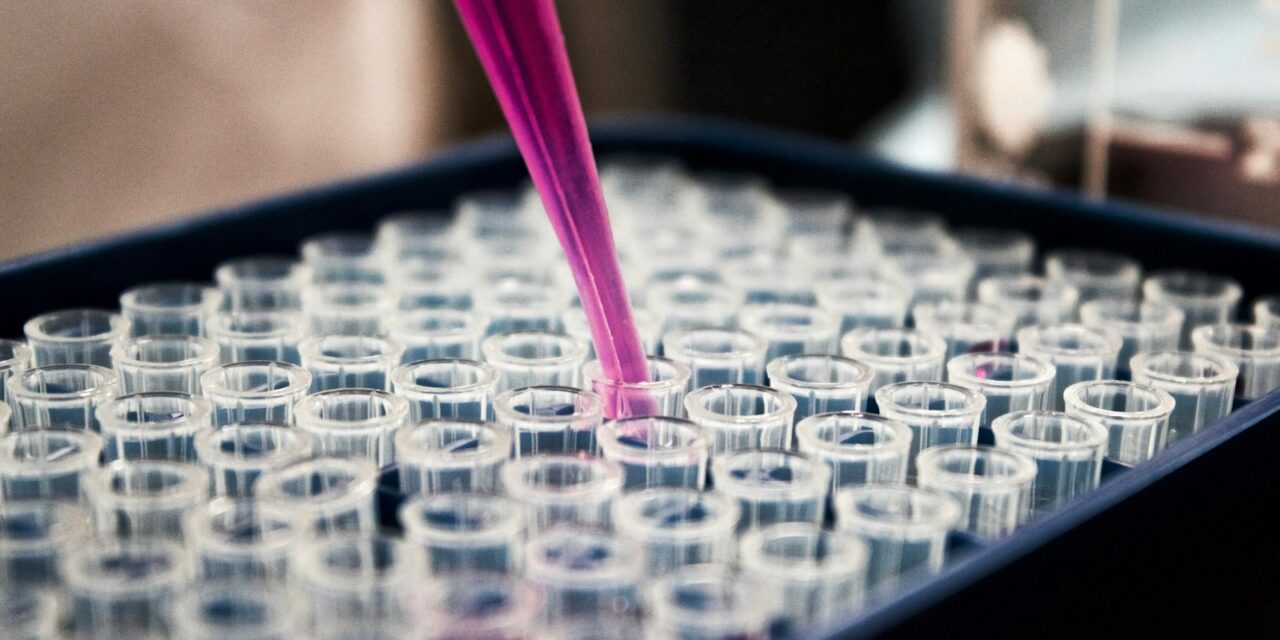The Royal Veterinary College (RVC) has secured a research grant exceeding $99,000 from Allen and Barbara Dearry through the Morris Animal Foundation’s Donor Inspired Study programme.
The funding will support research into immune-mediated haemolytic anaemia (IMHA), a severe and often fatal blood disease in dogs.
The grant will enable the use of advanced single-cell RNA sequencing technology to explore the underlying mechanisms of the disease and evaluate treatments aimed at reducing side effects.
Advancing Knowledge of Immune-Mediated Haemolytic Anaemia
IMHA is a common and life-threatening condition in which a dog’s immune system attacks its red blood cells, leading to their destruction. While current treatments aim to suppress the immune response, they often come with significant side effects such as lethargy, behavioural changes, muscle wastage, and increased thirst, appetite, and urination.
Dr Barbara Glanemann, Associate Professor in Small Animal Medicine at the RVC, leads the research alongside colleagues Dr James Swann, Visiting Associate Professor; Dr Balazs Szladovits, Associate Professor in Clinical Pathology; and Dr Florynne Buishand, Lecturer in Soft Tissue Surgery. The team will collect blood samples from dogs diagnosed with IMHA at the RVC’s Queen Mother Hospital for Animals and two other centres: Davis Veterinary Specialists and Dick White Referrals.
The research aims to identify the genetic and cellular changes that occur in dogs with IMHA. Comparing these findings with samples from healthy dogs will provide insights into why the immune system attacks red blood cells and may reveal new targets for therapeutic drug development.
Tailoring Treatments for Better Outcomes
The team will also study how cells from individual dogs respond to existing medications. This analysis could lead to predictive models to guide veterinarians in selecting the most suitable treatment for each dog.
Dr Glanemann commented: “We are excited to uncover new information on how IMHA develops in our dogs and are hoping to identify what therapy works best for individual dogs, which could have a major impact on the quality of life for dogs with this distressing disease.”
The Morris Animal Foundation expressed its commitment to funding projects addressing critical but underfunded diseases. Dr Kelly Diehl, Senior Director of Science Communications at the Foundation, said: “We’re very excited to fund these projects and we hope to make a significant difference in the understanding and treatment of this important but underfunded disease.”
This research represents a step forward in improving the diagnosis, treatment, and overall management of IMHA in dogs, offering hope for better outcomes and quality of life for affected animals and their owners.








